James Morrow: The Voice only the start of prime minister’s problems
The Albanese government is starting to hit headwinds as tactical problems with the voice, political problems with super, and questions about a payout all start to bite on Labor’s agenda, writes James Morrow.
Opinion
Don't miss out on the headlines from Opinion. Followed categories will be added to My News.
If you want to know how the Albanese government is doing, don’t look at the polls.
Instead, look at how the prime minister chose to launch the formal campaign for his signature pledge to bolt not just recognition but an Aboriginal voice to parliament onto our constitution.
Did he go to Redfern to follow in the footsteps of Paul Keating and his famous speech on reconciliation?
Or to Alice Springs to explain how the voice would bring an end to the disadvantage and dysfunction that plague far too many outback communities?
Not on your life.
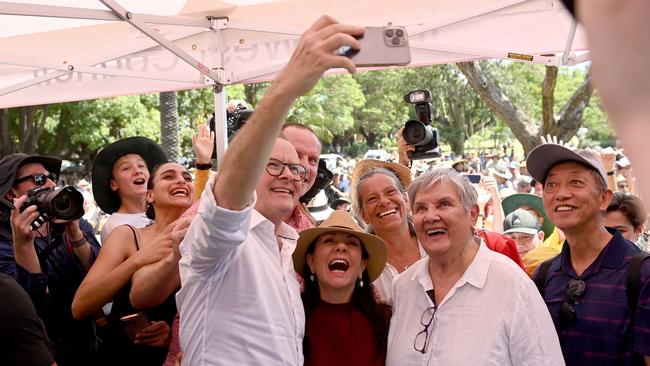
In both cases there would be way too much risk of being heckled by activists who want treaty and sovereignty first, or of getting asked by journalists exactly what a voice to parliament would do to make the needs of Indigenous Australians heard when more than 100 other bodies that formally report on a regular basis haven’t been able to do the job.
Instead, Albanese kicked off the “yes” push by journeying to Petersham Park, deep in the heart of his own very progressive inner-west electorate of Grayndler.
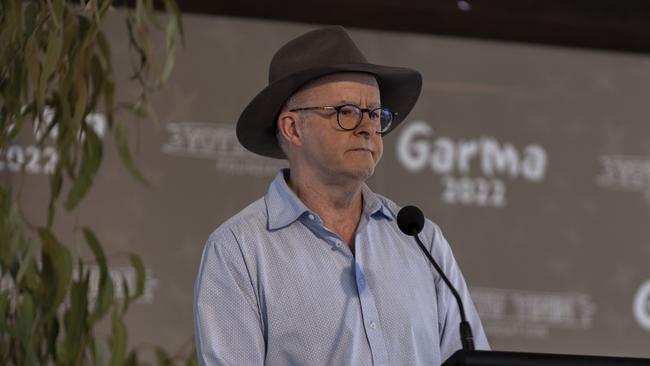
There he addressed a low risk crowd of a few hundred mostly very white, very leftie-looking locals lured out by the promise of a speech by the PM, a sausage sizzle, and free entry to the pool on what felt like the first really summery Saturday Sydney has had in three years.
Even in front of this friendly crowd, the PM seemed a little rattled.
One pro-voice local who attended and said she “really hopes it passes” later remarked that Albanese sounded “a bit desperate” and was “speaking at a higher pitch” than the solemn tones he used on election night and at Garma.
And why wouldn’t the PM be on edge?
Polls show that nationally the broad feel-good, vibe-of-the-thing support for the voice is about as soft as a double serve of Mr Whippy.
Even advocates admit that the double majority (more than half the voters in more than half the states) required for a referendum is looking like an increasingly hard target to hit.
The tactical misstep of providing wording for the question without any accompanying detail (or even, heaven forfend, a constitutional convention) is why the more people find out about it, the less they like it.
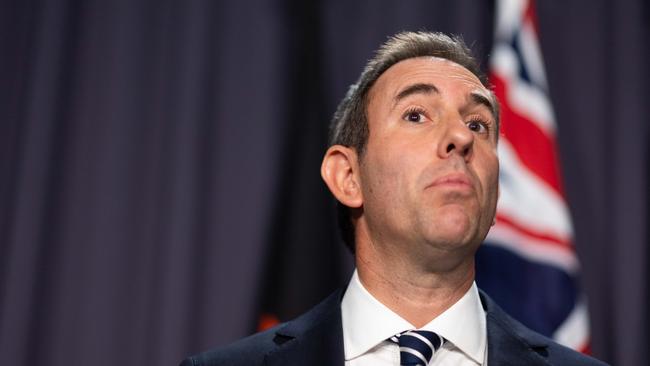
There are even quiet whispers that even some of the big corporate support the government had counted on is starting to look wobbly as boardrooms consider the wisdom of potentially alienating half their staff and customers.
So much for Albanese wedging the Coalition and writing his name into the history books.
But as embarrassing as it might be to have to fight tooth and nail for his referendum – and risk leaving a more divided Australia if it only barely gets up – the PM has a much bigger credibility problem on his hands when it comes to issues of integrity and the economy.
Now, no one really expected that in office Labor’s promises not do anything scary around Australians’ retirement savings would be any more reliable than Lucy Van Pelt’s pledge not to yank the football out from under Charlie Brown.
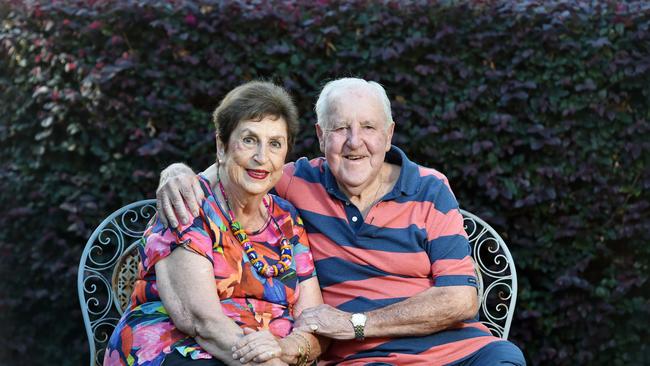
But with Treasurer Jim Chalmers now using all sorts of not so coded words like equity and sustainability about what is at the end of the day money individual Australians are forced to sock away for their own retirements, one thing becomes clear.
Namely that the lesson Labor took from the 2019 election was not “don’t mess with Australians’ savings” but rather “don’t admit that’s what your plan was all along.”
Back in March of 2022, quizzed by David Speers on the ABC, Dr Chalmers said that “Australians shouldn’t expect major changes to superannuation if the government changes hands.”
In January of that same year, then-opposition leader Albanese told 3AW’s Neil Mitchell, “We have not planned for any changes on superannuation.”
Mitchell wisely called him out saying that this was “not ruling out superannuation changes,” but Albanese managed to slip the noose.
Now, in 2023, Australians are being told the entire superannuation regime needs a rethink.
The new message is it’s not really actually your money, especially if you have a lot of it stackedaway.
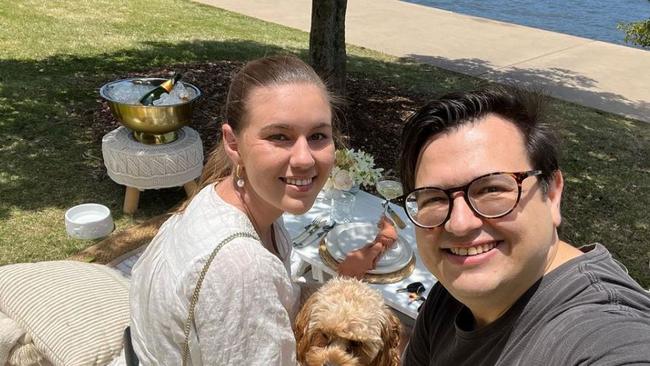
Instead, what you’ve worked for and saved can be redirected for broader social purposes, even if those purposes don’t provide the greatest return.
As Dr Chalmers said earlier this week, “if we fail to act in areas like affordable housing, climate, the care economy and digital, we will face the prospect of an economy that won’t sustain the growth that we need”.
Of course, the bait and switch tactics around the voice and superannuation changes may eventually pale in comparison to the third part of the trifecta that is rapidly conspiring to bring the Albanese government back to earth.
This column is not the only voice (so to speak) to note that the revelations in The Australian concerning the potentially seven figure compensation payout to Brittany Higgins made after a single day’s mediation would seem to sit at odds with the government’s pledges around transparency and accountability.
If the Albanese government were something you bought in the shops rather than voted for at the polls, regulators would be circling with writs for misleading and deceptive conduct.





